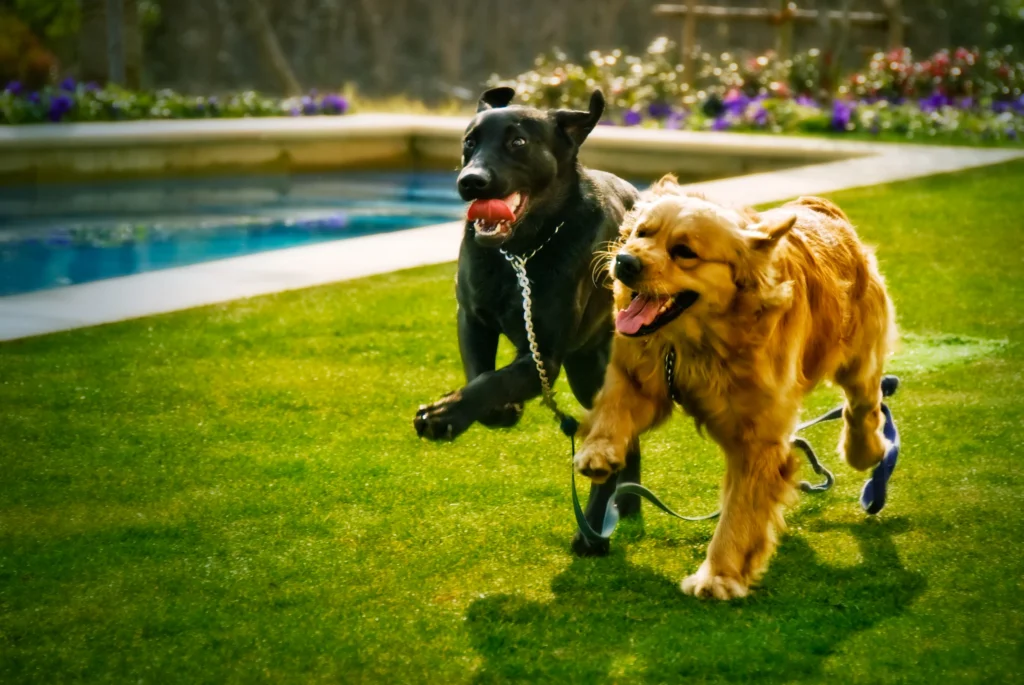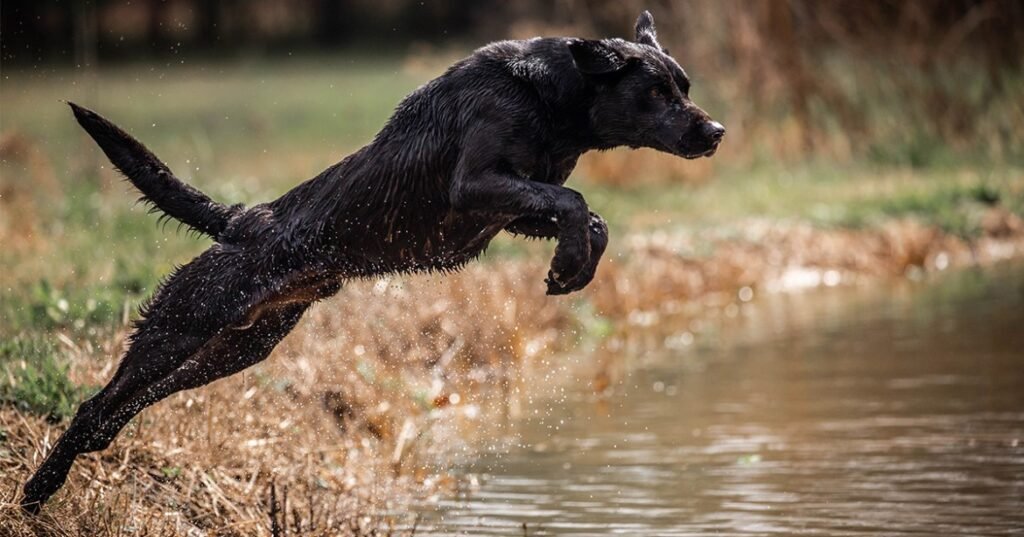Welcome to the ultimate guide to Labrador Retrievers! If you’re considering adding a Labrador Retriever to your family or already have one, you’re in for a treat.
These lovable dogs are known for their friendly nature, intelligence, and versatility.
In this comprehensive guide, we’ll explore everything you need to know about Labrador Retrievers, from their breed characteristics to essential care tips.

Understanding Labrador Retrievers: A Brief Overview
Labrador Retrievers, often simply called “Labs,” are one of the most popular dog breeds in the United States and around the world.
Originally bred as fishing and hunting companions in Newfoundland, Canada, Labs have become beloved family pets and versatile working dogs.
Breed Characteristics
Physical Appearance
Labs are medium to large-sized dogs with a sturdy build and a distinctive otter-like tail.
They typically have short, dense coats that come in three main colors: yellow, black, and chocolate.
Their friendly expression and kind eyes are a hallmark of the breed.
Temperament
One of the defining characteristics of Labrador Retrievers is their friendly and outgoing temperament.
They are known for their affectionate nature, intelligence, and eagerness to please.
Labs are excellent family dogs and get along well with children, other pets, and strangers alike.
Activity Level
Labrador Retrievers are energetic and active dogs that require regular exercise to stay healthy and happy.
They thrive on physical activity and enjoy activities such as walking, running, swimming, and playing fetch.
A lack of exercise can lead to boredom and destructive behavior, so it’s essential to provide them with plenty of opportunities to burn off energy.
Training and Socialization
Labs are highly trainable dogs and excel in obedience training, agility, and other canine sports.
Early socialization is crucial to ensure they develop into well-rounded and well-behaved companions.
Positive reinforcement methods, such as praise, treats, and play, work best with Labs.
Grooming Needs
Labs have relatively low-maintenance coats that require regular brushing to keep them looking their best and minimize shedding.
Bathing should be done as needed, using a mild dog shampoo to avoid stripping the natural oils from their skin.
It’s essential to trim their nails regularly and check their ears for signs of infection.
Health Considerations
While Labrador Retrievers are generally healthy dogs, they are prone to certain health issues, including hip dysplasia, elbow dysplasia, and obesity.
Regular veterinary check-ups, a balanced diet, and maintaining a healthy weight are essential for preventing these common health problems.

Nutrition and Feeding
Choosing the right diet for your Labrador Retriever is crucial for their overall health and well-being.
A high-quality commercial dog food that is appropriate for their age, size, and activity level is recommended.
Be sure to follow feeding guidelines and monitor their weight to prevent obesity.
Exercise and Activity
Labrador Retrievers are active dogs that require regular exercise to keep them physically and mentally stimulated.
Daily walks, playtime, and interactive toys are all great ways to keep them entertained and prevent boredom.
Common Behavioral Issues
Like any dog breed, Labrador Retrievers may exhibit certain behavioral issues if not properly trained and socialized.
These can include excessive barking, chewing, digging, and separation anxiety.
Consistent training, positive reinforcement, and plenty of exercise can help address and prevent these problems.
Traveling with Your Labrador Retriever
If you’re planning to travel with your Labrador Retriever, whether it’s a short trip to the park or a longer journey, there are a few things to keep in mind.
Be sure to pack essentials such as food, water, bowls, leash, collar with ID tags, and any medications they may need.
It’s also essential to research pet-friendly accommodations and transportation options in advance.
Conclusion
Labrador Retrievers are truly special dogs known for their friendly nature, intelligence, and loyalty.
Whether you’re a first-time dog owner or a seasoned pet parent, these lovable companions are sure to bring joy and laughter to your life.
By understanding their breed characteristics and following essential care tips, you can provide them with a happy and fulfilling life.

FAQs:
Are Labrador Retrievers good with children?
Yes, Labrador Retrievers are known for their gentle and friendly nature, making them excellent family pets.
How much exercise do Labrador Retrievers need?
Labrador Retrievers are active dogs that require at least an hour of exercise per day to stay healthy and happy.
Do Labrador Retrievers shed a lot?
Yes, Labrador Retrievers shed moderately throughout the year, with heavier shedding occurring during seasonal changes.
Are Labrador Retrievers prone to any health problems?
While Labrador Retrievers are generally healthy dogs, they are prone to certain health issues such as hip dysplasia, elbow dysplasia, and obesity.
How often should I groom my Labrador Retriever?
Labrador Retrievers require regular grooming, including brushing their coat a few times a week and trimming their nails and checking their ears regularly.

